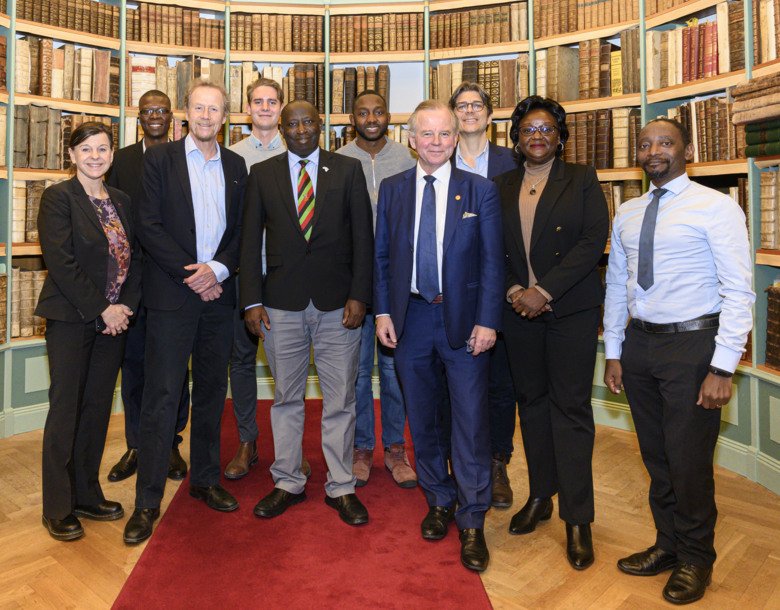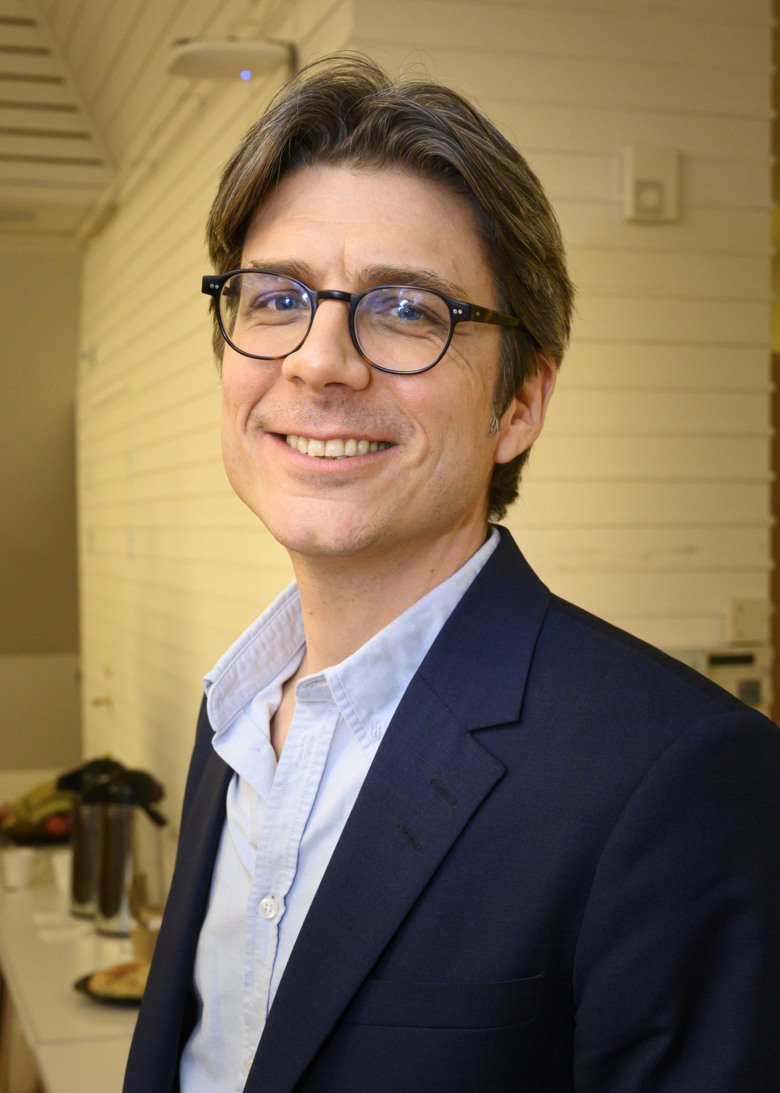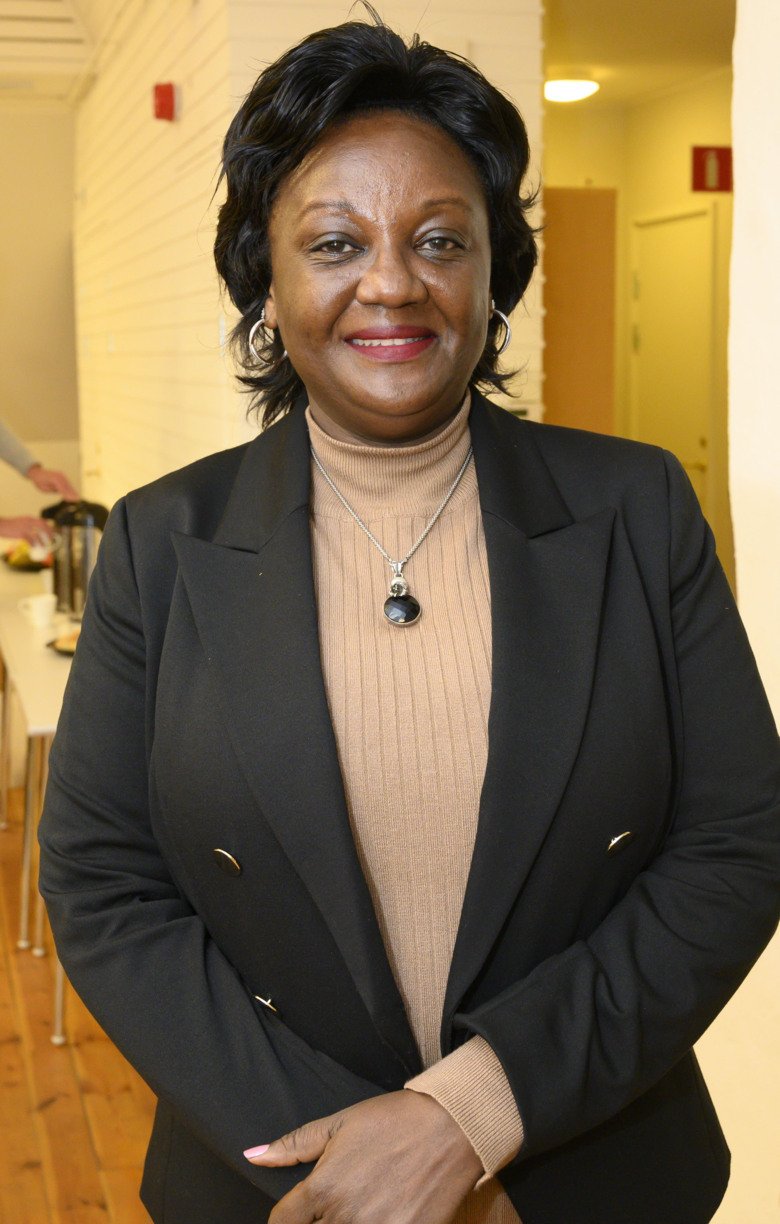One step closer to a Centre of Excellence for Sustainable Health

An extensive workshop has been held to further the vision of creating a Centre of Excellence for Sustainable Health. Karolinska Institutet is driving the development together with Makerere University in Uganda, with focus on non-communicable diseases and other high burden diseases.

Five years ago, the 17 goals of Agenda 2030 were adopted with a focus on making change towards a sustainable society. One of the goals is good health and well-being where educational institutions play an important role, as education, research, innovation and leadership will be crucial for sustainable development in society.
From word to action
The idea of a virtual centre for sustainable health gradually emerged from the many discussions that have taken place between Karolinska Institutet and Makerere University. The visions of the universities, both which are in line with Agenda 2030, form the basis of the project.
"For Agenda 2030 to create an impact, we must go from word to action. For this reason, one of the centre's aims is to identify usable tools, develop them and disseminate them so that they can be used in many different areas", says Dr. Tobias Alfvén, senior researcher in global health at the Department of Global Public Health at Karolinska Institutet and one of the leading researchers in the project.
Finding connections and facilitating cooperation

The collaboration between the two universities is driven by a mutual commitment to the idea that sustainable health is about so much more than healthcare. Since the sustainable development goals are integrated with each other, no goal can be achieved without involving the other goals. Therefore, it is important to find connections and facilitate cooperation, both within the healthcare sector and between the healthcare sector and other sectors.
"The health care sector often tends to focus solely on health issues, whereas in this project we are looking at health in a broader and more comprehensive perspective", says Dr. Rhoda Wanyenze, professor and dean at School of Public Health, College of Health Sciences, Makerere University.
The work has so far been managed through e-mails and video conferencing, but now the two teams have met for the first time at a two-day workshop. Tobias Alfvén presented, among other things, what has been achieved since the project started and what remains to be done. A situational analysis was presented which describes, for example, past, current and planned activities in the area of sustainable health, both from a regional and a global perspective. Although there are many ongoing projects, the analysis indicates that there is no other project of this kind at the moment.
Leaders of tomorrow
"I am very excited to be here in Sweden", says Dr. Rhoda Wanyenze. "We learn from each other, we develop the project together and ensure that it moves forward. I am also happy that we are involving young people in this project, as they are the leaders of tomorrow."
In order for the centre to become a reality, resources are required. The work group has during the workshop developed the concept of a virtual centre and how it can work in practice. The group has also compiled applications for funding. The idea is not to create a large and new infrastructure, but a virtual centre where most of the work is done remotely. New partnerships and effective interventions create opportunities not only to realise sustainable gains in health and well-being, but also transform how research and policies are formulated and conducted.
"The Centre of Excellence for Sustainable Health, with Agenda 2030 as a foundation, will give us a fantastic opportunity to influence and contribute to improve the health of people – both in Sweden and the world at large", concludes Tobias Alfvén.
